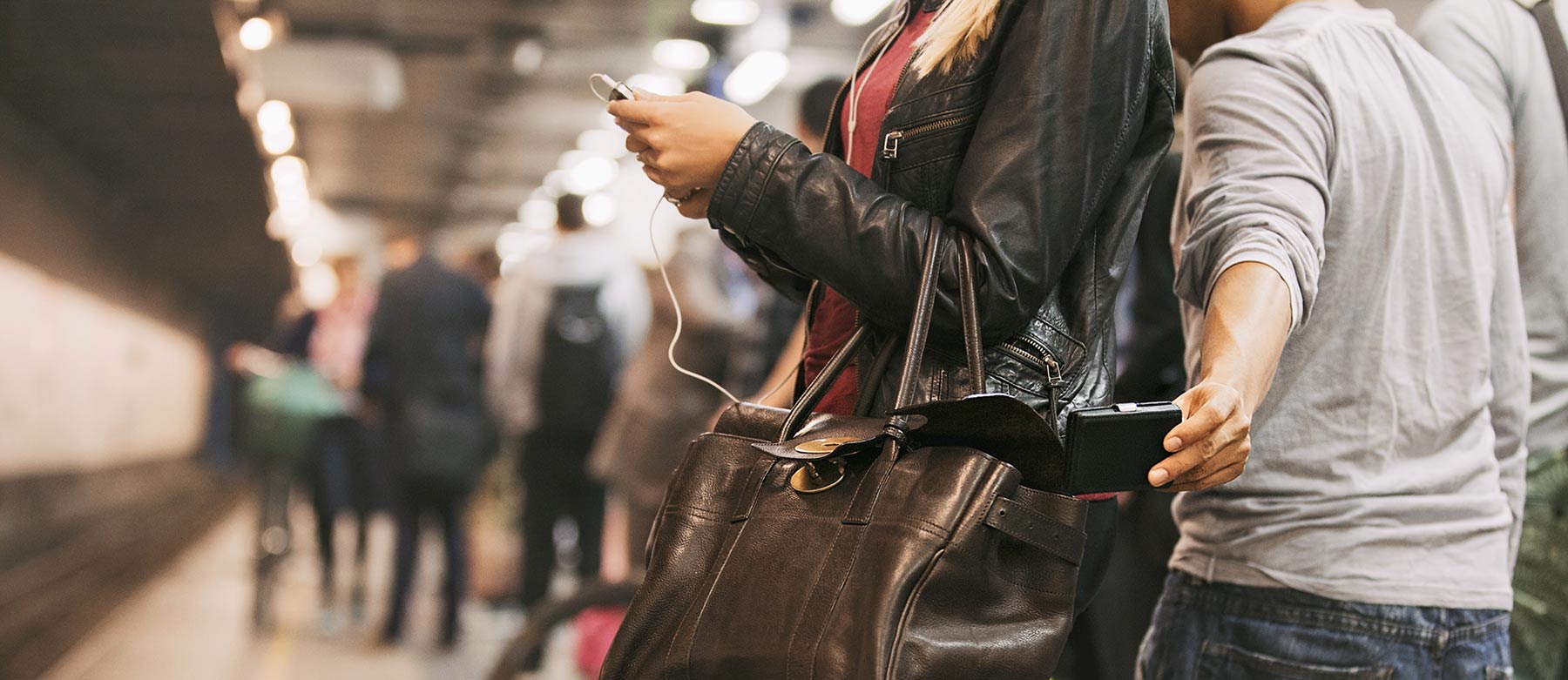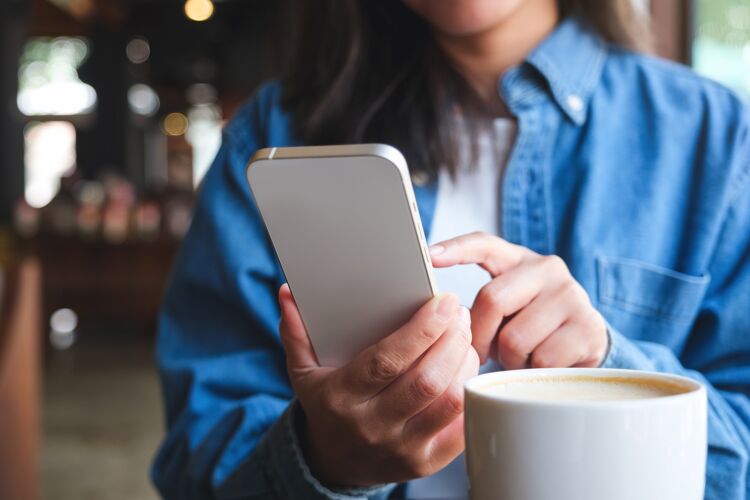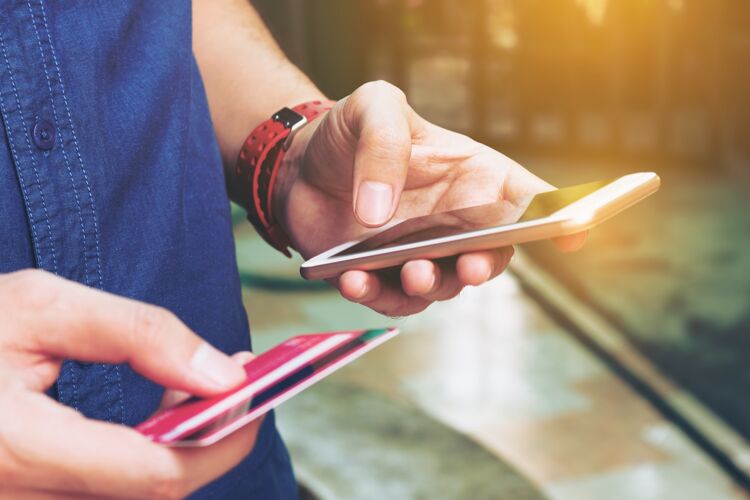Theft and robbery

It's quite incredible the lengths some thieves go to in order to steal.
Your mobile phone (and the data which is stored on it) is a prime target for thieves.
One thief was caught with more than 40 stolen mobile phones stuffed down a pair of tights he was wearing under his trousers. He was jailed for two years.
Of course, handbags, purses and wallets are still at risk, as they have always been.
What kinds of theft should I look out for?
There are two types of theft you need to be aware of:
- Snatch theft - taking a bag cleanly from a shoulder is an example of this.
- Stealth theft - e.g. pick-pocketing. Where no force is used and the victim is unaware of the incident. This is the most common type of theft from a person.
If you're wondering what the difference is between robbery and theft, robbery involves stealing from a person using force or making them think force will be used. Theft means taking someone's property, but does not involve the use of force.
Here are some ways in which you can protect yourself from thieves:
- Be aware – victims tend to be chosen because they are vulnerable for some reason (e.g. being on their own, or distracted, or under the influence of alcohol).
- Protect your mobile phone by:
- Being careful using it outside train and bus stations, as these are popular venues for snatch theft, often by motorcycle or scooter.
- Not advertising it to thieves by keeping it hidden from view and keeping public conversations short.
- Never leave your bag, mobile phone, tablet or valuable items unattended in public view.
- Avoid talking on your mobile phone or listening to music on headphones whilst walking home at night alone.
- Be aware of what’s going on around you and keep to well-lit, busy areas.
- Be extra careful when using cash machines – make sure no one is loitering too close and do not count your money in the middle of the street.
- Don't keep all your valuables in one place, if you can possibly avoid it.
- Only take out what is necessary when going out at night.
- Be alcohol aware and drink responsibly.
If you have information on these types of criminals and want to remain anonymous, tell us what you know. Call 0800 555 111 or use our online form:
Don’t have information to give? Find out more about how to protect your tech & belongings, your customers if you're at work, and what to do if you are a victim of theft.
- Mark belongings using a UV pen or other marking system.
- You can help to protect your property by registering your valued possessions on the Immobilise Property Register, a national database which helps police identify the owners of recovered lost and stolen property thousands of times every day.
- Make a note of your personal IMEI number (type *#06# on your phone's keypad to get it). If you have the IMEI number you can block your phone being used if it is stolen.
- Download a phone tracking application.
- Ensure you enable a security code or PIN across your devices.
- Get high value personal items like mobiles phones and bicycles insured
- Keep customers informed that their valuables may be at risk if left unattended.
- Staff should look out for customers, and could, for example, politely remind people not to leave bags, mobile phones etc unattended.
- Create bag stowage options (e.g. clips that allow customers to store their bags securely under the table, not on the ground).
- Make staff aware that peak times and locations in the establishment could be exploited by thieves, and ask them to be extra vigilant during these times (e.g. watching tables close to the exit).
Report the theft to the police by visiting your local police station or calling 101. If your items are insured, you’ll need to report the crime to get a crime reference number.
For more information, click below for advice from:
Victim Support: What do if other personal items have been stolen.
Citizens Advice: What to do if your mobile phone has been stolen.

Give information
Give information anonymously by phone on 0800 555 111 or online

Donate to us
Join our fight against crime by making us a donation today, and see how the money you give can help shape your community for the better.

Fearless - our youth service
Find out about Fearless, Crimestoppers' youth service for 11-17 year olds.